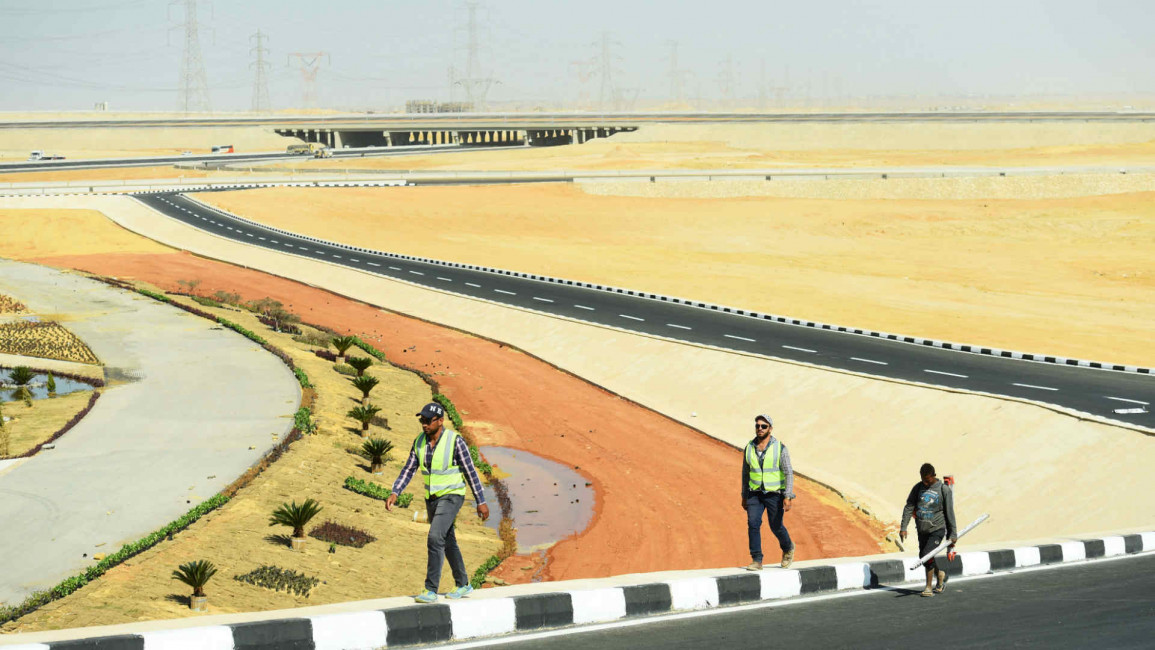Egypt, Russia sign $7bn deal for Suez industrial zone
The agreement has been mooted over the past two years, and was signed on Wednesday by the Russian Minister for Industry and Trade Denis Manturov and his Egyptian counterpart Tarek Qabil, during the Egyptian-Russian Joint Committee meetings held in Moscow.
The zone, which is to offer favourable conditions to Russian companies and attract some $7 billion in investments, is set to occupy an area of 5.25 million square metres east of Port Said, according to a statement given by Trade Minister Qabil.
Industry will be given an area encompassing 2.8 million square metres, and the rest will be used for building residential, commercial and entertainment facilities for the zone's workers, according to Egypt Today.
Its creation has been scheduled over 30 years with completion estimated to be in 2050, according to Russia's official TASS news agency.
Twitter Post
|
The zone is to be rolled out in three phases, the first of which includes 1 million square metres and is expected to create 7,300 construction jobs for Egyptians.
The second phase will include a further 1.6 million square meters and is estimated to provide some 10,000 jobs, with the third hoped to generate a further 17,000 jobs.
The deal stipulates that 90 percent of the workforce is to be Egyptian, which has been hailed by officials as a step towards resolving the country's economic woes.
The industrial zone - which will give Russian companies unprecedented access to Egyptian and neighbouring Arab markets - is set to provide for air conditioner manufacturers, carmakers, construction firms, petrochemical enterprises, energy, technology and medical companies.
Moscow's strategic trade move symbolises its ambitious foreign policy designs on struggling Middle Eastern nations, which comes at a time where other world powers such as the US are dialling down their foreign influence.
Egypt has also offered up parts of the attractive Suez region to deep-pocketed investors such as Saudi Arabia and China.



